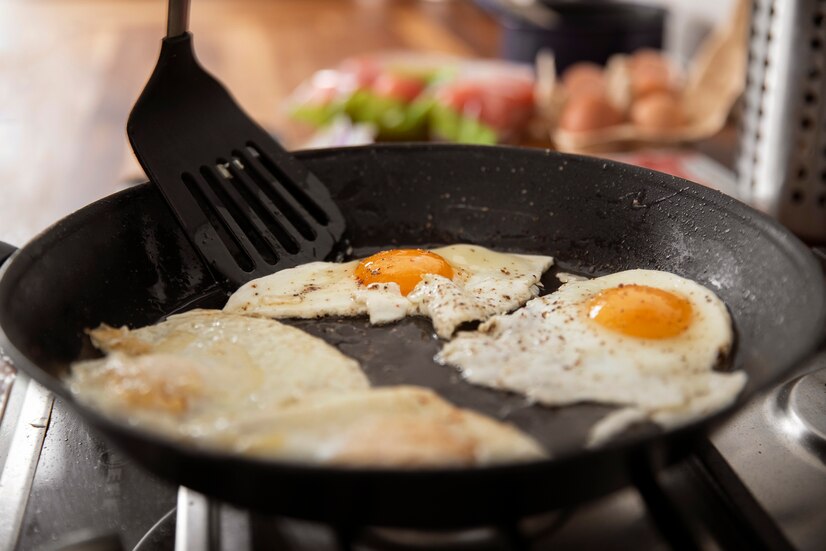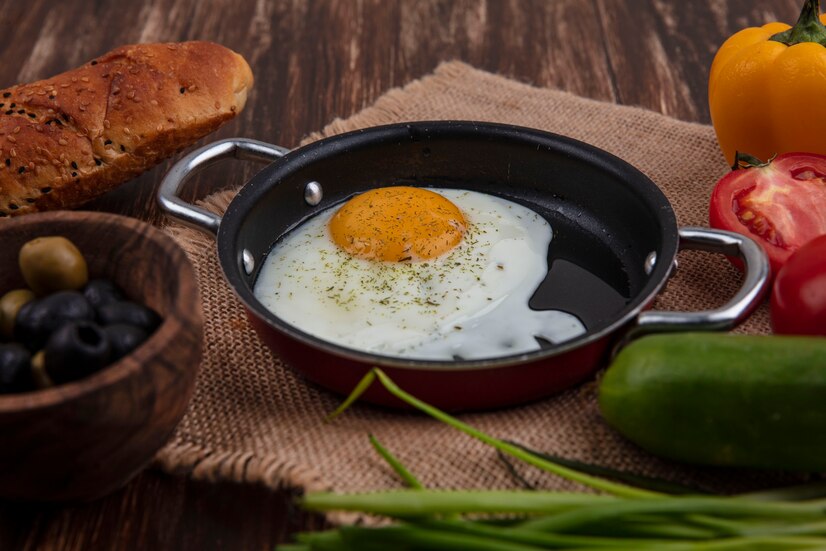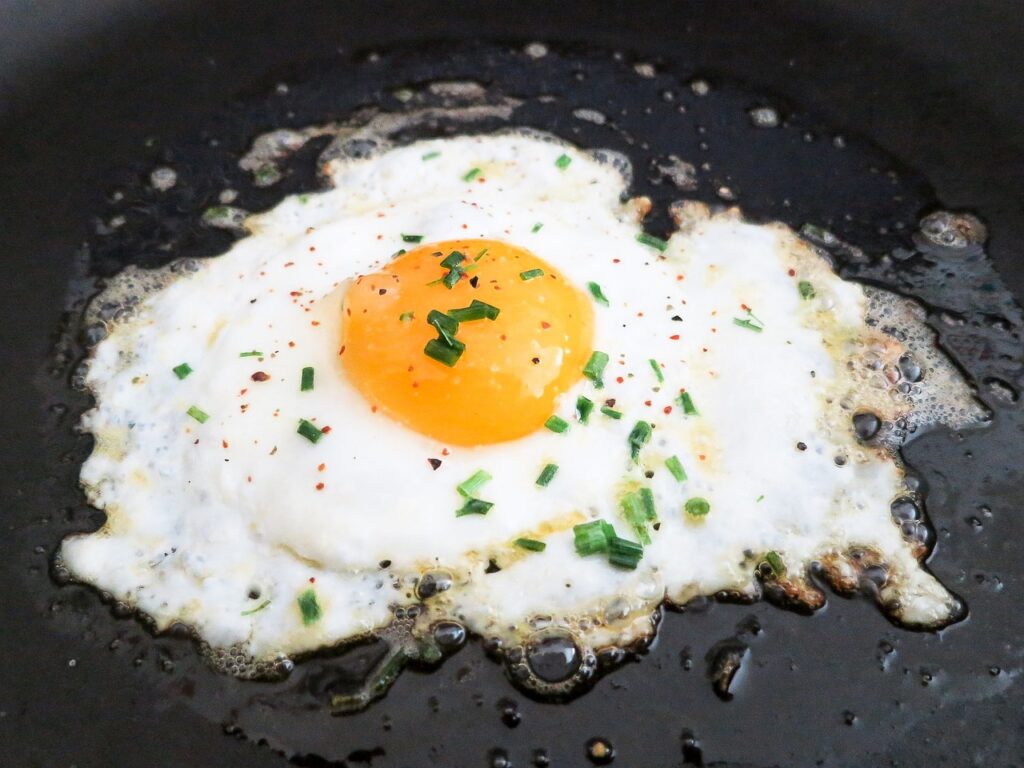Eggs should only be fried in extremely hot extra virgin olive oil for one good reason. There is no disputing that this form of fried egg—often referred to as “Spanish style”—is wonderful. They break in your mouth because the edges are so crunchy. The yolk is warm and runny, while the white is pillowy soft. All that is necessary for the egg to become a remarkable dish is salt, along with a small amount of spicy sauce.
You might never want to return to rubbery, boring fried eggs after trying a Spanish dish. Furthermore, extra virgin olive oil oxidises at high temperatures, which makes it a bad option for cooking at high temperatures. Is it, though?
The egg is in and out of the pan in less than two minutes when utilising this rapid and hot procedure. Furthermore, there’s no need to heat the oil to the point of smoking. Therefore, extra virgin olive oil is unlikely to pose a health risk when used in a Spanish-style fried egg. Actually, no other fat has the same magical effect on a fried egg.

The flavour of the egg is impacted and the crispiness is not as good when using coconut oil. The butter begins to brown and burn before the egg becomes quite crispy. While lard works well for frying eggs, it’s not the best for Spanish-style fried eggs. The edges simply don’t become as crispy and light as they do when using olive oil. You might not want to eat a Spanish-style fried egg for breakfast every morning, but you would be missing out if you didn’t give it a try.
The recipe for a Spanish fried egg
Crack the egg into a cup first. Next, heat a small skillet to a very high temperature over medium-high heat. Include the olive oil. When the oil is hot enough to cause the edges of the egg to begin bubbling as soon as they come into contact with the pan, but not so hot that it is smoking, carefully slide the egg into the skillet, being careful not to allow hot oil splash out of it.

Cook the egg for no more than two minutes, or until the white is puffy around the yolk and extremely crispy around the edges. Reduce the heat a little bit if the oil appears to be about to smoke or if the edges of the egg are beginning to burn.
To prevent the egg from clinging to the saucepan’s bottom, run a metal spatula underneath it before sliding or lifting it out. After adding a pinch of salt, devour right away.


